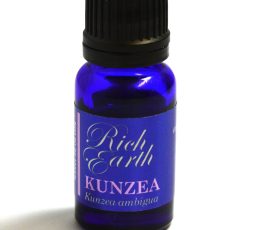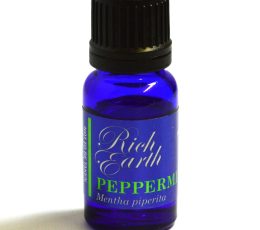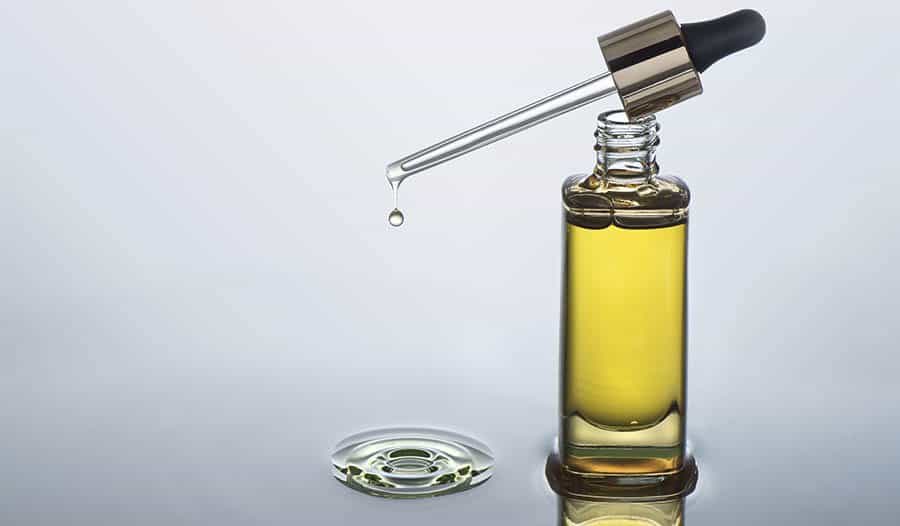Apple cider vinegar, or simply cider vinegar, is made by fermenting the juice of apples. There are many benefits to Apple Cider Vinegar, so let’s find out how to prepare it. First, the apples are crushed to squeeze out the juice. Bacteria and yeast are added to the juice to start the fermentation process. During fermentation, the sugars are converted to alcohol. This is followed by a second fermentation in which acetic acid-forming bacteria (Acetobacter species) convert the alcohol into vinegar. Without the second fermentation, you’d have the alcoholic beverage, apple cider.
Apple cider vinegar has many benefits and a myriad of uses, including food preparation. Here are just a few.

1. Mix up a non-toxic, all-purpose cleaner.
Just mix one part Apple Cider Vinegar with one part water, filter that into a spray bottle, and get to work.
2. Stamp out the smell in any room.
Pour some Apple Cider Vinegar into a shallow bowl and place it where the odour is strongest. Leave it out for as long as it takes for the smell to dissipate. This is great to knock out smoky smells in particular.
3. Make your garden grow—without a single weed.
Apple Cider Vinegar can be used as fertiliser (particularly on plants that love acids, like blueberry bushes) and also as a weed killer. Pour directly on weed infested areas, and mix 295 mls of Apple Cider Vinegar (with a five percent acidity) with 38 litres of water to fertilise soil.

4. Keep pets flea-free.
When you need to keep fleas away from your pets, turn to Apple Cider Vinegar for the solution. Dilute it with water (one part of each) and rub the mixture into their fur and work it into their skin to repel those pests.
5. Improve your complexion.
Use Apple Cider Vinegar as an astringent (just dilute it in water and apply it to your face), which may help to tighten the skin and protect it from harmful environmental elements. Tightening the cells of the skin can also help to strengthen the skin and prevent wrinkles from forming. You can also use it as a spot treatment to target blemishes. Apply with a cotton bud.
6. Fight against acne.
Based on its antimicrobial properties, Apple Cider Vinegar may help to reduce acne breakouts when used as part of a daily skin care routine. Apple Cider Vinegar‘s acetic acid has been shown to be effective in inhibiting bacterial growth and destroying bacterial biofilms. Spot treat by applying with a cotton bud. Learn more about fighting acne here.

7. Enhance your hair.
Rinsing your hair with Apple Cider Vinegar lowers the pH of your scalp and can assist with greasiness, itchiness, and irration. Apple Cider Vinegar is praised for being rich in vitamins and minerals good for hair, like vitamin C and B. Some also claim it contains alpha-hydroxy acid which helps exfoliate scalp skin, and that it’s anti-inflammatory, which can help with dandruff.
Simply combine a tablespoon or two in a glass of water and rinsing your hair with the mixture while you’re in the shower. For an extremely itchy scalp, combine a quarter of a cup of Apple Cider Vinegar with a quarter cup water, pour it into a spray bottle and apply the mixture to your scalp. Leave it on for up to an hour before rinsing. Rinse well. Your hair will shine.
8. Swap out your deodorant.
Just as it can freshen up your bathroom, Apple Cider Vinegar can also help keep body odour at bay – most likely due to the antimicrobial action on the bacteria that cause BO. Simply swipe some of it in your underarm area and don’t worry: The vinegar smell evaporates. Or use to super-charge a salt deo stick by wetting with Apple Cider Vinegar before applying. BONUS TIP: mix 2-3 drops of Rich Earth Organic Geranium Or Petitgrain oil with 50mL of Apple Cider Vinegar and use this as your deo.
9. Relieve burnt skin.
Add about a cup of the good stuff to your bath water to help soothe the burn. Make sure the Apple Cider Vinegar is well diluted; if it’s too concentrated it can do its own burning. Our suggestion: Mix 3mL of Rich Earth Organic Lavender Fine with 50ml of Apple Cider Vinegar. Shake well to mix thoroughly. Add 10ml of this to a 100mL spray bottle to apply to sunburned skin.
10. Whiten your teeth.
According to Dr Oz, you can use Apple Cider Vinegar to remove stubborn stains on your teeth. Use as a mouthwash – combine two parts water to one part Apple Cider Vinegar and swish it around for about a minute. IMPORTANT: Always rinse your mouth well with fresh water after doing this. Do not clean your teeth with Apple Cider Vinegar – the high level of acidity may erode the enamel.
11. Alleviate bad breath.
Becoming a bit of a theme – Apple Cider Vinegar is great for removing odours. As bacteria don’t like to grow in acidic environments, an Apple Cider Vinegar mouthwash may reduce bacteria growth. There are natural compounds in apples that have been shown to cancel out the strong odour of garlic – though whether this pans out from using Apple Cider Vinegar has not been determined. Add 2 tablespoons of Apple Cider Vinegar to 1 cup of water. Gargle for at least 30 seconds before spitting it out. Rinse well

12. Freshen your skin after shaving.
Diluted with water (you’ll want to do one part Apple Cider Vinegar and one part water), this solution can help soothe your skin. And remember: the smell of this natural aftershave will dissipate with a little time! BONUS TIP: mix 20 drops of Rich Earth Organic Cedarwood Oil with 50mL of Apple Cider Vinegar.
13. Mix up condiments (vinaigrettes, sauces, and marinades).
Apple Cider Vinegar has an amazing flavour to liven up vinaigettes, sauces and marindades.
14. Make your own tasty juice.
Consuming Apple Cider Vinegar in general is linked to a range of health benefits, so why not create your own concoctions.. After all, why swallow it solo when you can pair it with much more palatable ingredients, like grape juice or honey.
15. Add a dash of flavour to soups.
Apple Cider Vinegar can also add just the right punch of flavour to soups. Try adding it in a veggie soup.

16. Make your own Herb Vinegars.
So simple: Choose your herbs – you’ll need about one cup of fresh herbs for every 500L of Apple Cider Vinegar. This can be adjusted for stronger tasting herbs (use less) or very mild herbs (use more). Bruise the herbs before adding to the vinegar. Fresh garlic is an all-time favourite. Leave it to sit for two to six weeks, then strain & store in a cool dark place. Stored correctly, herbal vinegar should last up to 10 years. The only limit is your imagination – and your herb garden. What a great gift idea!
17. Boost your baking game.
It can help give batters a lift. And because its mild flavour is undectable in sweets, it’s an especially good option for those homemade treats.
18. Stop the itching and scratching.
Whether your scratching is due to a bug bite, or even a sting, Apple Cider Vinegar can help with these painful and uncomfortable side effects. Just apply (diluted) to your itchy area, and let Apple Cider Vinegar take you to an “Ahhh” moment of relief. If you weren’t early enough for the prevention (see Tip #4) this will help your itchy furry friend. TIP: add a little Rich Earth Kunzea oil to enhance the anti-itch factor (and chase off the biters)!
19.Support your weight loss journey
There have been several studies that have demonstrated that taking Apple Cider Vinegar can lower blood sugar levels and positively influence weight management. It’s not a substitute for appropriate dietary changes and exercise, but it does seem to help.
20. Boost your antioxidant status
Apple Cider Vinegar naturally contains small amounts of antioxidants and polyphenols, such as are found in apples. One study suggested that in addition to the naturally occuring antioxidants, Apple Cider Vinegar may have the effect of modulating the body’s own antioxidant system to enhance one’s overall antioxidant status.
21. Detox, detox, detox.
Adding in a splash or two of Apple Cider Vinegar to your meals may assist with body detoxification.

What are the risks of Apple Cider Vinegar?
Generally Apple Cider Vinegar is very safe to take internally. The main risk from regular consumption is an increased chance of tooth erosion. This risk can be reduced by taking not more than two tablespoons a day, and rinsing the mouth after taking it. OR consuming Apple Cider Vinegar as part of a meal rather than as a drink.
As pointed out above, using undiluted Apple Cider Vinegar on the skin can burn sensitive or damaged skin. Caution is advised. If you find the acidity burning, you can quickly neutralise it by sprinkling some baking soda over the area.













